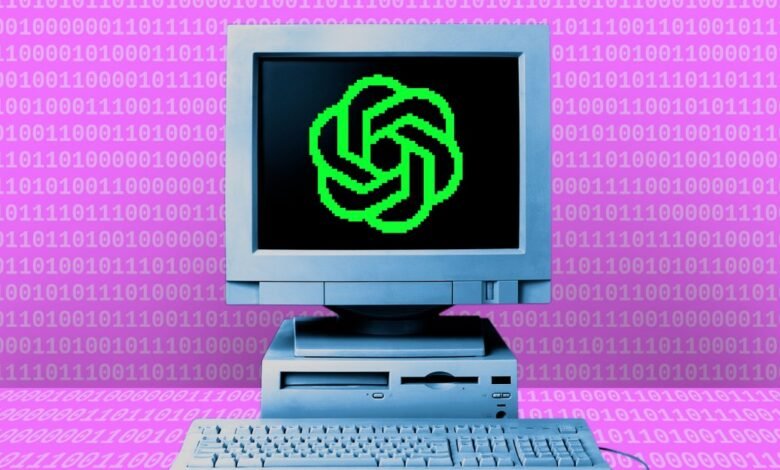OpenAI’s ChatGPT Report: Key User Insights Revealed

▼ Summary
– OpenAI released its largest study on ChatGPT usage, revealing insights into who uses it and for what purposes.
– Most ChatGPT chats are non-work related, with 73% of messages in June 2025 being for personal use, up from 53% a year earlier.
– Younger people are the core users, accounting for 46% of all messages in the dataset.
– The gender gap has narrowed, with women now making up a slight majority of users at 52%, up from 37% in January 2024.
– Usage differs by gender: users with feminine names favor writing and practical guidance, while those with masculine names seek information and technical help.
A new report from OpenAI provides the most comprehensive look yet at how people are actually using ChatGPT, offering surprising revelations about user demographics and behavior patterns. The study, which analyzed millions of interactions, shows a significant shift toward personal rather than professional use, with younger generations leading adoption and notable changes in gender representation.
One of the most striking findings is that the overwhelming majority of ChatGPT conversations are now unrelated to work. In June 2025, a full 73% of all messages were for personal purposes, a sharp increase from just 53% the previous year. This suggests that what began as a productivity tool has rapidly evolved into a daily companion for entertainment, advice, and casual interaction.
Younger users continue to drive engagement, accounting for nearly half of all messages in the dataset. Their dominance highlights how generative AI has become integrated into the digital habits of a new generation, shaping everything from how they seek information to how they communicate.
When it comes to usage patterns, research and guidance dominate over task completion. Approximately half of all messages involve asking for advice or information, while only about a third request the AI to perform a specific action. This indicates that users are treating ChatGPT more like a conversational partner than a mere utility.
Writing remains the most common professional use case, making up 40% of work-related chats. However, its popularity has declined in personal contexts, where it now ranks third behind other activities like seeking practical guidance or general information.
Another significant shift is in user demographics. The gender gap has noticeably narrowed, with a slight majority of users now appearing to be women. The report notes that 52% of accounts are associated with typically feminine first names, up from just 37% in early 2024. This represents a substantial change in just over a year and a half.
The study also uncovered differences in how men and women use the technology. Those with feminine names tend to use ChatGPT more for writing support and practical guidance, while those with masculine names are more likely to seek technical help, request information, or engage with multimedia functions. These distinctions suggest that AI interaction styles may reflect broader behavioral trends.
(Source: The Verge)





